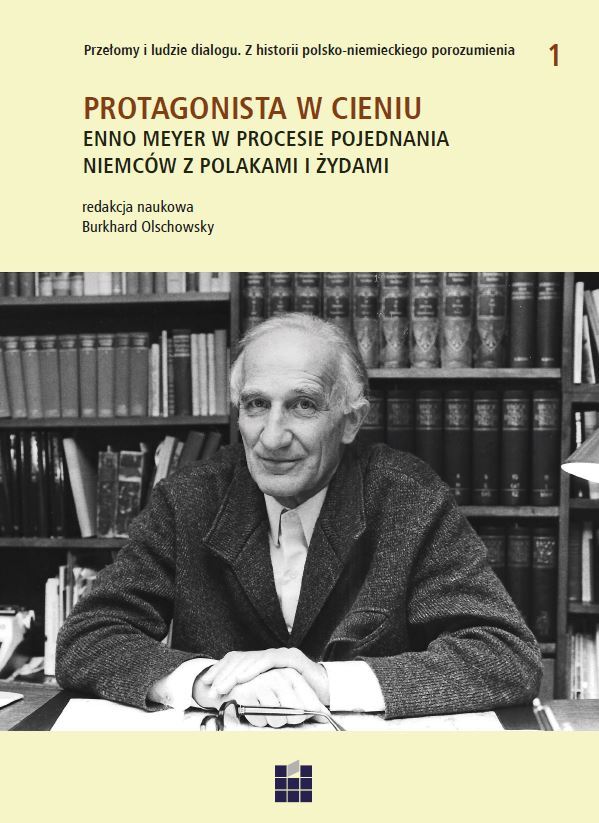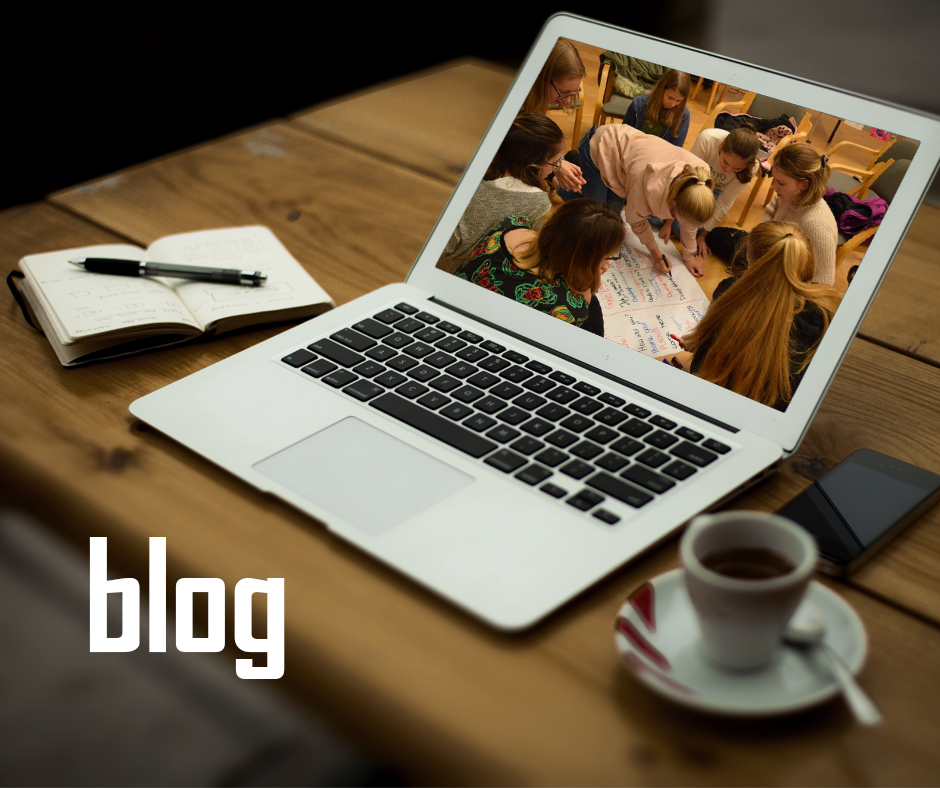 At the beginning of October, in Prague, a meeting of the partners of the project PartESDD (PartESDD- Partnership for Education for sustainable development and Degrowth Education) took place. The project, which was initiated at the end of 2020, assumes substantive cooperation with organisations from Poland, the Czech Republic and Germany. The exchange of experiences and ideas between the partners is intended to support education for social and ecological transformation in the respective countries. Thematic educational materials will be developed jointly, with an emphasis on intercultural aspects.
At the beginning of October, in Prague, a meeting of the partners of the project PartESDD (PartESDD- Partnership for Education for sustainable development and Degrowth Education) took place. The project, which was initiated at the end of 2020, assumes substantive cooperation with organisations from Poland, the Czech Republic and Germany. The exchange of experiences and ideas between the partners is intended to support education for social and ecological transformation in the respective countries. Thematic educational materials will be developed jointly, with an emphasis on intercultural aspects.
It was precisely this aspect of education that the meeting in the Czech capital was devoted to. Its first part, conducted in an online form, provided theoretical foundations for issues related to teaching and training. In Prague, educators from the Czech Republic, Poland and Germany exchanged concrete experiences. The result of this work was a 'toolkit', which is the starting point for our joint work on the first Czech methodology handbook on education for sustainable development!
Read more: PartESDD project partners meeting - Prague, October 2021
Anti-discrimination education is a huge challenge. Reflections after the training on the "Stories that move" tool
Liubov Shynder , IYMC Krzyżowa
In the second half of September I led a training for teachers at the Training and Counselling Centre of the Regional Methodology and Education Centre Metis in Katowice on our anti-discrimination education tool "Stories that Move" (you can read more about this project here).
One of the many things I have appreciated since we started this project is the possibility of dialogue with teachers and exchanging experiences from our work in formal and non-formal education, which we focus on at the International Youth Meeting Centre in Krzyżowa.
Such was the meeting in Katowice. The training was attended by 10 teachers, mainly working in secondary schools. If I were to sum up the reasons why they came to the training, I could make such a statement: "I want to establish a dialogue with my students, I am worried about the xenophobic and nationalistic sentiments I see in my school and I want to counteract it".
Read more: Anti-discrimination education is a huge challenge - Liubov Shynder

On Wednesday, 27 October, we took part in a special walk. We followed the 'Paths of the Senses', which were discovered and prepared for us by artists participating in the Krzyżowa Art Residency. Thanks to their sensitivity to art and nature, Leonie Löhr from Germany and Dawid Okoński from Poland noticed exceptional places in our immediate surroundings. They created a series of installations which formed the "Paths of the Senses".
At the end of their residency, the artists guided us through the area, presenting their works and the unknown image of Krzyżowa.
Read more: ||REPORT|| "Paths of the Senses" - a unique walk summarizing the Artistic Residency in Krzyżowa -...


The Center for Historical Research of the Polish Academy of Sciences in Berlin has published a new book - "Protagonist in the Shadow. Enno Meyer in the Process of Reconciliation of Germans with Poles and Jews / Protagonista w cieniu. Enno Meyer w procesie pojednania Niemców z Polakami i Żydami", edited by academic Burkhard Olschowsky. This is a Polish translation of the anthology, which was published in the German original by De Gruyter publishing house in 2019. This book is the first volume in the series "Breakthroughs and People of Dialogue. From the history of Polish-German mutual understanding / Przełomy i ludzie dialogu. Z historii polsko-niemieckiego porozumienia", published by the Historical Research Centre of the Polish Academy of Sciences. The people presented in the book - both well-known and less frequently noted in wider public debates - made a significant contribution to Polish-German mutual understanding in the 20th century. One of the scientific editors of the series is Dr. Robert Żurek, managing director of the Krzyżowa Foundation.
„Protagonista w cieniu" zawiera wspomnienia o Enno Meyerze (1913–1996), niemieckim historyku i nauczycielu gimnazjalnym z Oldenburga. Meyer, który w czasie II wojny światowej służył w Wehrmachcie, od lat 50. poświęcił się pojednaniu Niemców z Polakami i Żydami. Skoncentrował się na obszarze, który znał najlepiej – kształtowaniu młodzieży w duchu otwartości i racjonalizmu. Jego 47 tez dotyczących nauczania polsko-niemieckiej historii stało się istotnym wstępem do powojennego dialogu podręcznikowego i utorowało drogę do działalności Wspólnej Polsko-Niemieckiej Komisji Podręcznikowej Historyków i Geografów.
Read more: ||RECOMMENDATIONS|| "Protagonist in the Shadow" - a new publication of the Historical Research...







